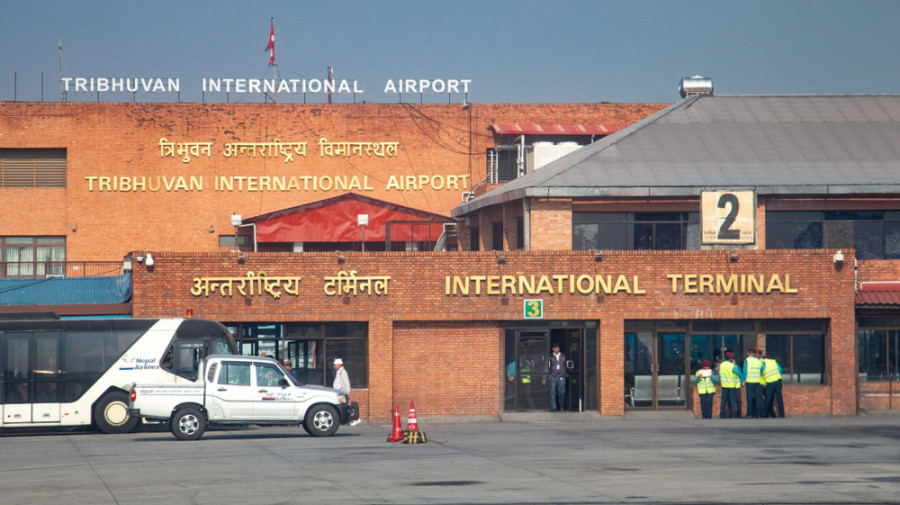National
Nepal Army contacting people who bought SIM cards recently
Officials working under the assumption that those who returned to Nepal would have bought new mobile numbers.
Binod Ghimire
The Covid-19 Crisis Management Centre under Nepal Army has started contacting people who have bought new SIM cards recently to track people who may have returned home from abroad recently.
A team of 20 army personnel have been assigned to call up people who recently bought SIM cards. During the inquiry so far, of 9,523 people contacted, 616 people were found to have come to Nepal from abroad and 19 of them reported symptoms that matched with Covid-19.
“We refer such people to the nearest hospital where they can be tested,” Nepal Army Spokesperson Brigadier General Bigyan Dev Pandey Pandey told the Post. “We are going to follow up on those who have reported symptoms.”
The centre, through the Ministry of Communication and Information Technology, had sought the list of new mobile numbers issued between March 14 and March 24, the day the nationwide lockdown to contain the spread of the contagious virus started. Officials assume that people who return home from abroad generally get a new SIM card at the border crossing or at the airport. However, not everyone who bought a new SIM card during the period is a returnee.
As most of the Covid-19 cases in the country have been reported in people who have returned from abroad, the government is using a host of measures to get returnees tested. The army said it is working closely with the other government entities to test returnees and quarantine suspects.
Nepal Telecom and Ncell have provided the list of around 64,000 new mobile numbers issued during the period. Nepal Telecom has provided a list of the new sim cardholders to the Department of Health Services as well.
Rajesh Joshi spokesperson at Nepal Telecom, the state owned telecommunication provider, said 193,000 people have bought the company’s SIM card from March 1 to April 5. A total of 20,000 numbers issued from March 14-24 have been handed over to the army.
Similarly, an official at Ncell confirmed that records of new subscribers have been handed over to the centre. “We have provided the list of mobile numbers issued without giving other details,” said the official on the condition of anonymity as he was not authorised to talk to the media.
Nepal Army records show that it has received 64,000 phone numbers (44,000 from Ncell and 20,000 from Nepal Telecom).
“Contacting people in the time of pandemic, has proven very effective in many countries. I am sure it will in ours as well,” Joshi told the Post.
According to Pandey, the 19 who reported symptoms of Covid-19 were from Bhojpur, Dang, Bardiya, Kailali, Kanchanpur, Baglung, Darchula and Makwanpur—most of them returned from India recently.
“We have found contacting people on the list very effective in finding out suspected individuals,” he said.
Along with making direct calls, the army has also deployed a mobile app on which it has received inquiries from 2,361 people. Pandey said officials are closely following 81 suspects.




 14.24°C Kathmandu
14.24°C Kathmandu















